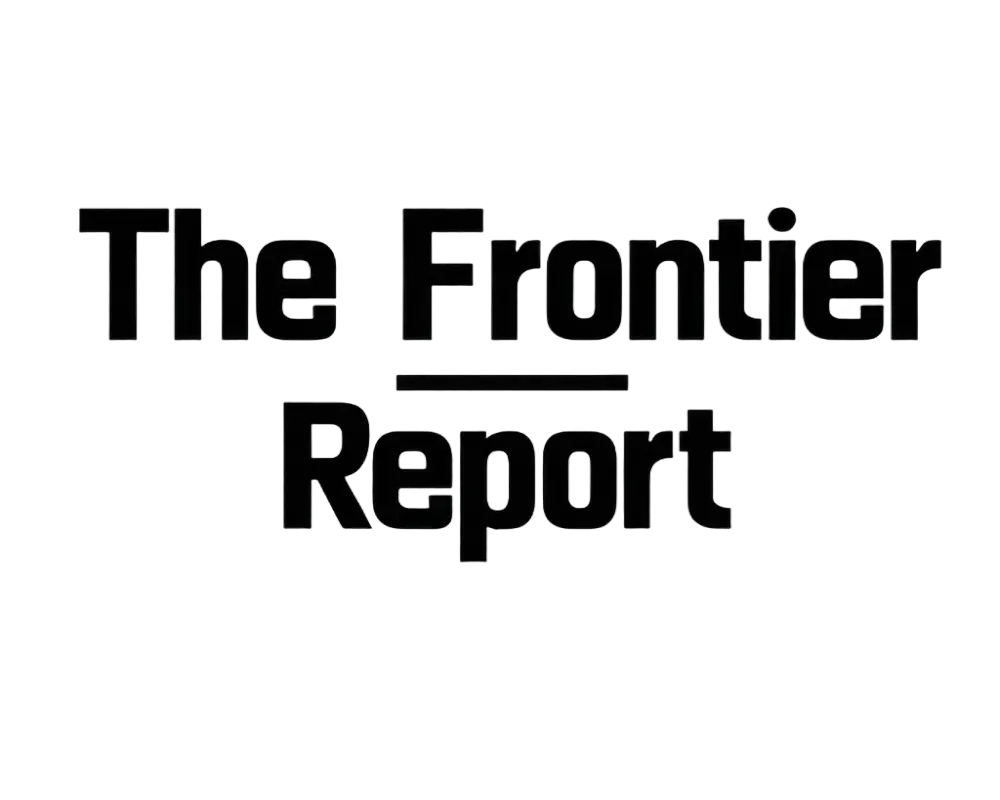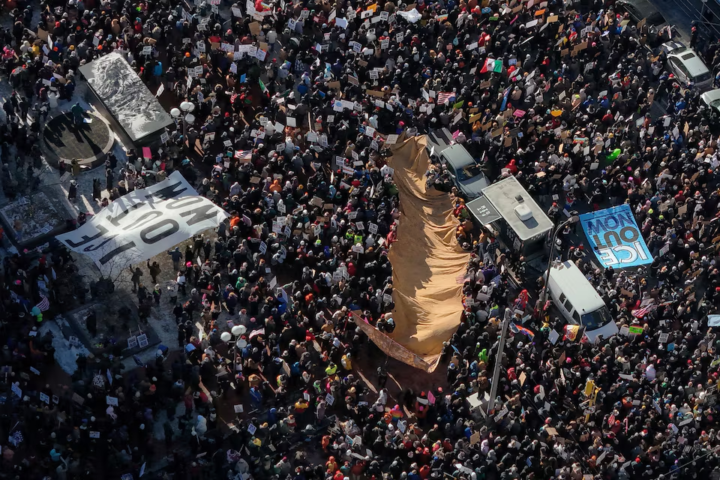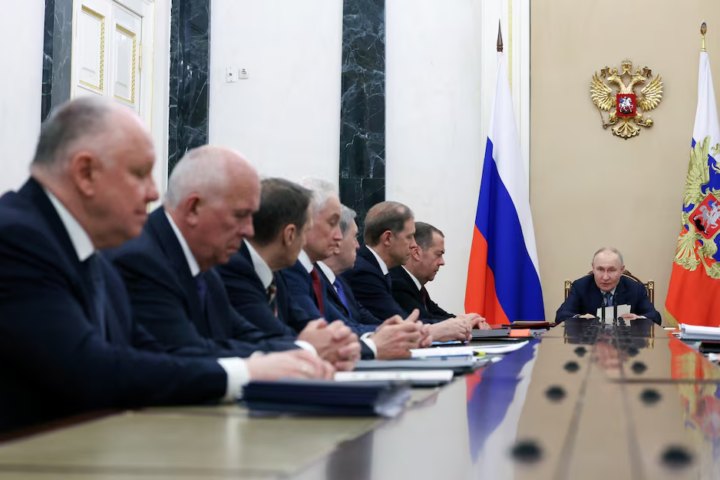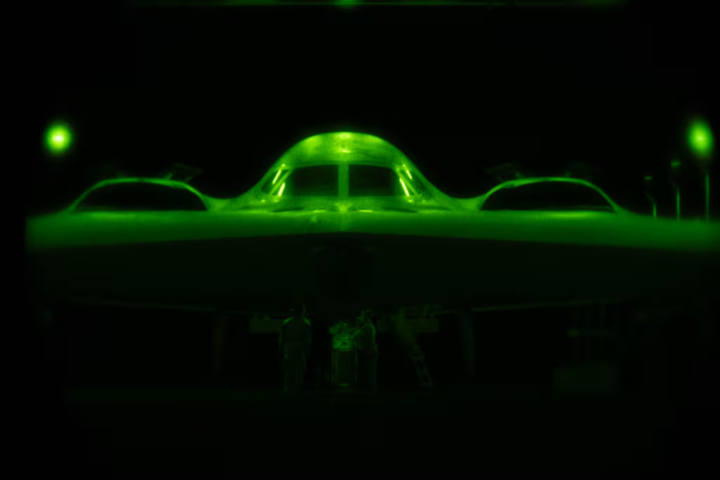The UN says Israel carried out a targeted strike that killed five Al Jazeera journalists in Gaza. It called the attack a clear breach of international law and a dangerous turn in a war already killing record numbers of reporters.
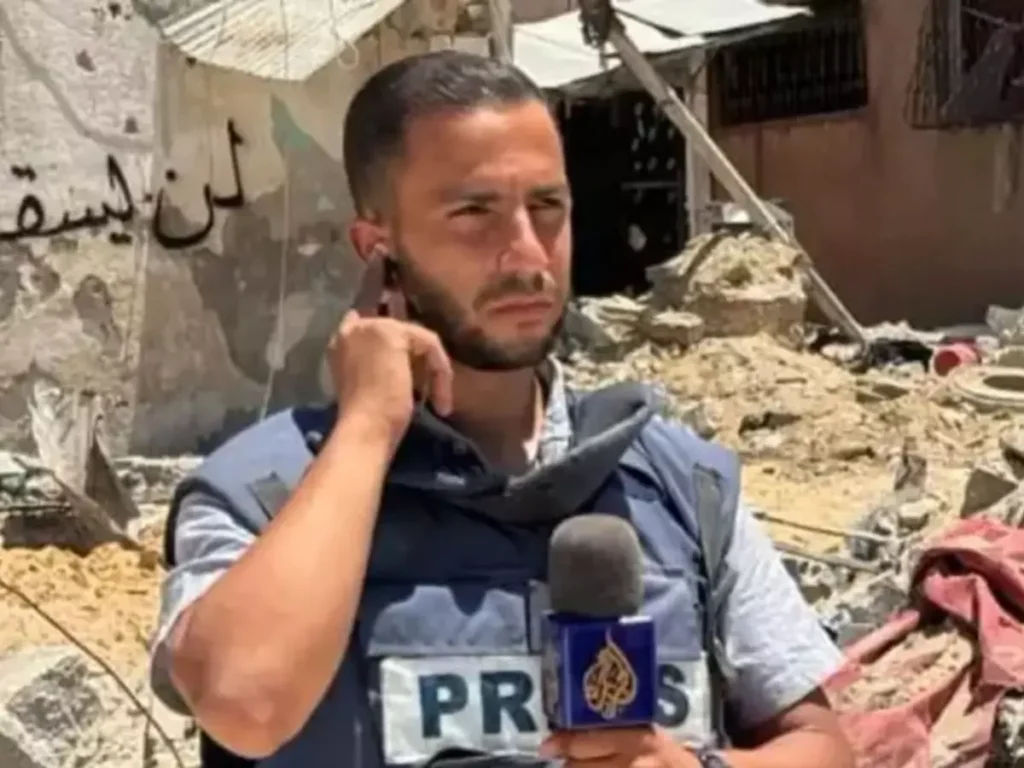
The Strike and Its Victims
The strike hit near al-Shifa Hospital in Gaza City—one of the last hospitals still partly running. Among the dead was Anas al-Sharif, a veteran reporter well known in Gaza and abroad.
Al Jazeera says the group was outside the hospital when an Israeli missile hit. All five died, others nearby were hurt. The network called it a planned killing, saying they were clearly marked as press.
UN Response and Legal Implications
The UN Human Rights Office said the strike “violates the protections afforded to journalists under international humanitarian law.” It stressed journalists are civilians and must be protected, no matter what either side claims.
Press groups like the Committee to Protect Journalists agreed. They said it’s part of a pattern in Gaza and noted more reporters have been killed here than in any war in recent memory.
Disputed Claims Over Militant Links
Israel says al-Sharif and others had ties to Hamas. There’s no proof, and watchdogs doubt it.
The Financial Times says Israel gave no public evidence. Al Jazeera called the claims “smears designed to justify war crimes.”
Targeting the Press: A Dangerous Precedent
Rights groups say this war is the deadliest for reporters in modern times. Over 150 have been killed since last year, many wearing press vests or reporting from civilian areas.
IndiaTimes says one victim sent a final message before dying: “Israel silenced my voice, but not the truth.” It went viral, fueling outrage and demands for justice.
Al Jazeera’s Response
According to Associated Press, the strike occurred near al-Shifa Hospital in Gaza City, one of the few remaining medical facilities still partially functional amid the war. Among the dead was Anas al-Sharif, a veteran Al Jazeera correspondent whose coverage of the war had become widely recognized both in Gaza and internationally.
Al Jazeera reported that the journalists were gathered outside the hospital when the Israeli missile hit, killing all five and injuring several others nearby. The network accused Israel of carrying out a deliberate assassination, claiming the journalists were clearly identifiable as press.
International Reaction
Governments, NGOs, and journalist unions condemned the strike. Some European leaders urged the International Criminal Court to investigate. The Arab League called it “an egregious violation of press freedom and human dignity.”
The UN chief said again: “journalists must never be targeted,” warning that such attacks erase transparency in war.
Calls for Accountability
Press unions want stronger rules to protect reporters in war zones and real enforcement when they’re broken.
Advocates push for sanctions on those who attack journalists. Some governments are now looking at it.
The Road Ahead
The UN statement matters, but history shows little happens without pressure. Many similar cases ended with no charges.
For Al Jazeera, the loss is personal and professional. But it’s also motivation. The network says it will keep reporting from Gaza despite the risk, calling it a duty to the people living through the war.

